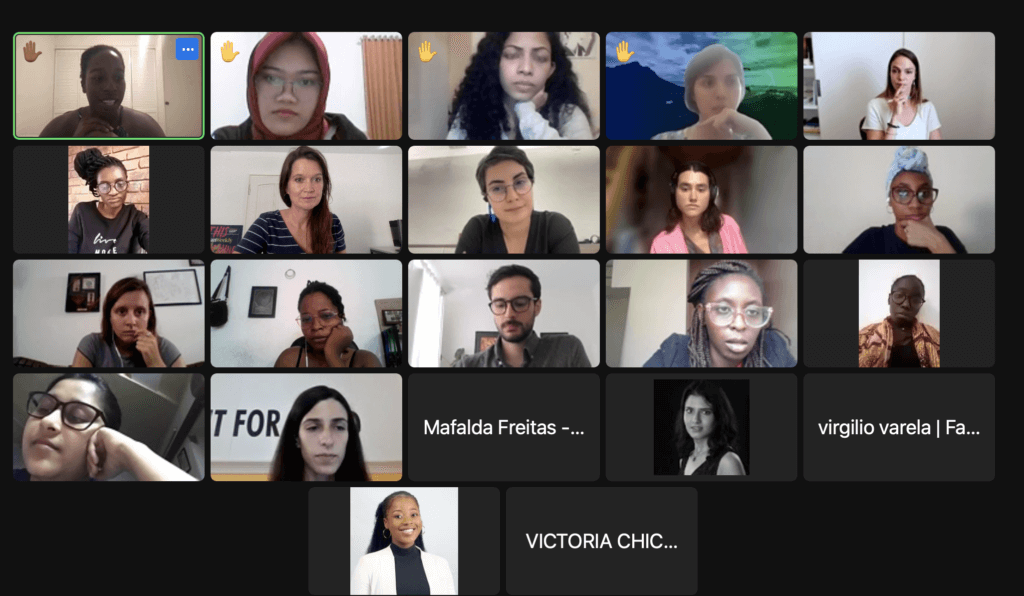Humans and nature need each other to be healthy
Earlier this year, IPBES (an Intergovernmental body focused on the science-policy interface for biodiversity) released a groundbreaking report on nature’s values and the biodiversity crisis.
Their four-year assessment conducted by 82 top scientists and experts from every region of the world uncovered that, despite the real diversity of nature’s values, most policymaking and economic decisions have prioritized a very narrow set of values – mostly all instrumental and market based. Shockingly, in only 2% of all studies were local stakeholders consulted or involved in the process of valuing nature. And indigenous values, or place-based values of nature, were glaringly absent.
Their conclusion, and ours, is that this is a massive omission. While science has made pioneering advances in quantitative measurement of ecosystems, ranging from global datasets on number of species, tree count, carbon capture in soils, or ecosystem integrity, it has proved more challenging to measure data that does not fit neatly into spreadsheets, namely the full range of ecological values that is held in place-based wisdom and bio-cultural valuations of nature.
Data that points to other worldviews and conceptualisations of nature must include the kinds of wisdom that IPLC’s (Indigenous Peoples and Local Communities) hold. Time and time again it has been shown that place-based indigenous wisdom and human culture contributes to the resilience and complexity of biodiversity.
Many grasslands, wetlands, and forests were shaped for millennia by people through periodic burning.
And many species were carefully tended, including oaks in California; clams in the Northwest; half of Bolivia’s watersheds and Amazonian forest gardens.
This is why we are so excited to partner up with Girl Move Academy to co-create solutions oriented towards the UN Sustainable Development Goal 13: Take urgent action to combat climate change and its impacts.
Who is Girl Move Academy?
Girl MOVE is a Leadership Academy promoting a new generation of young female leaders in Africa through a unique mentorship methodology, recently recognized by UNESCO. The Academy is now going global through an innovative digital platform to connect world leaders with grassroots girls, empowering female leadership to move humanity. This programme is called: MOVHERS.
What are we working on with MOVHERs?
We’ve connected with a group of 19 women across 15 countries to discuss the science behind climate action, how they can gather unique data on climate change. By connecting our scientists with this inspiring group of young women, we hope to develop strong and intergenerational mentorship connections. Specifically we will be exploring research questions on how we can expand our nature framings to balance power asymmetries and integrate indigenous knowledge and data into climate action strategies.

Our first session with the amazing participants of the MOVHERs programme
Documenting Indigenous experiences
We need to integrate this knowledge into our databases about biodiversity. In the past, international conservation and emissions schemes have mostly failed to recognise and include human realities and place-based knowledge systems. Native inhabitants have been forced from lands in an ill-conceived effort to transform forests into ‘pristine’ reserves – this has been called ‘fortress conservation’. Sociocultural wisdom was lost in the pursuit of ill-conceived ecological preservation, in essence splitting what is deemed human and what is deemed nature, and committing cultural crimes in the process. Biodiversity has its own social and political historicity, one of intra-relating between our species and other species.
Amplifying Indigenous experience in science
This is why we will be looking for the existence of human-nature interactions – these could be bio-cultural landscapes, local, situated and tacit knowledge, and indigenous stewardship models, including indicators like the presence of sacred sites, land tenure, or native languages. Our hypothesis is that these indicators may predict forms of resilience that are not captured in other data. Through this research we anticipate to uncover novel ways to valorize and elevate the rich breadth of experience that IPLC’s hold in managing their landscapes. We must remember that for some communities, nature is not even something outside of or separate from themselves.
Need for global data collection
Climate change is a global threat that is manifesting differently in different regions. Global data collection is needed to design accurate models to assist local and regional governments in their decision-making process for implementing solutions regarding climate change. We aim to expand the kinds of data that are used for this work.
Nina Alonso, 29 of Spain summarizes our goal. “We are our ancestors. We’ve been here before and we’ll probably be here later. We have to re-learn what we know.”
We can’t wait to work with you, MOVHERS!
